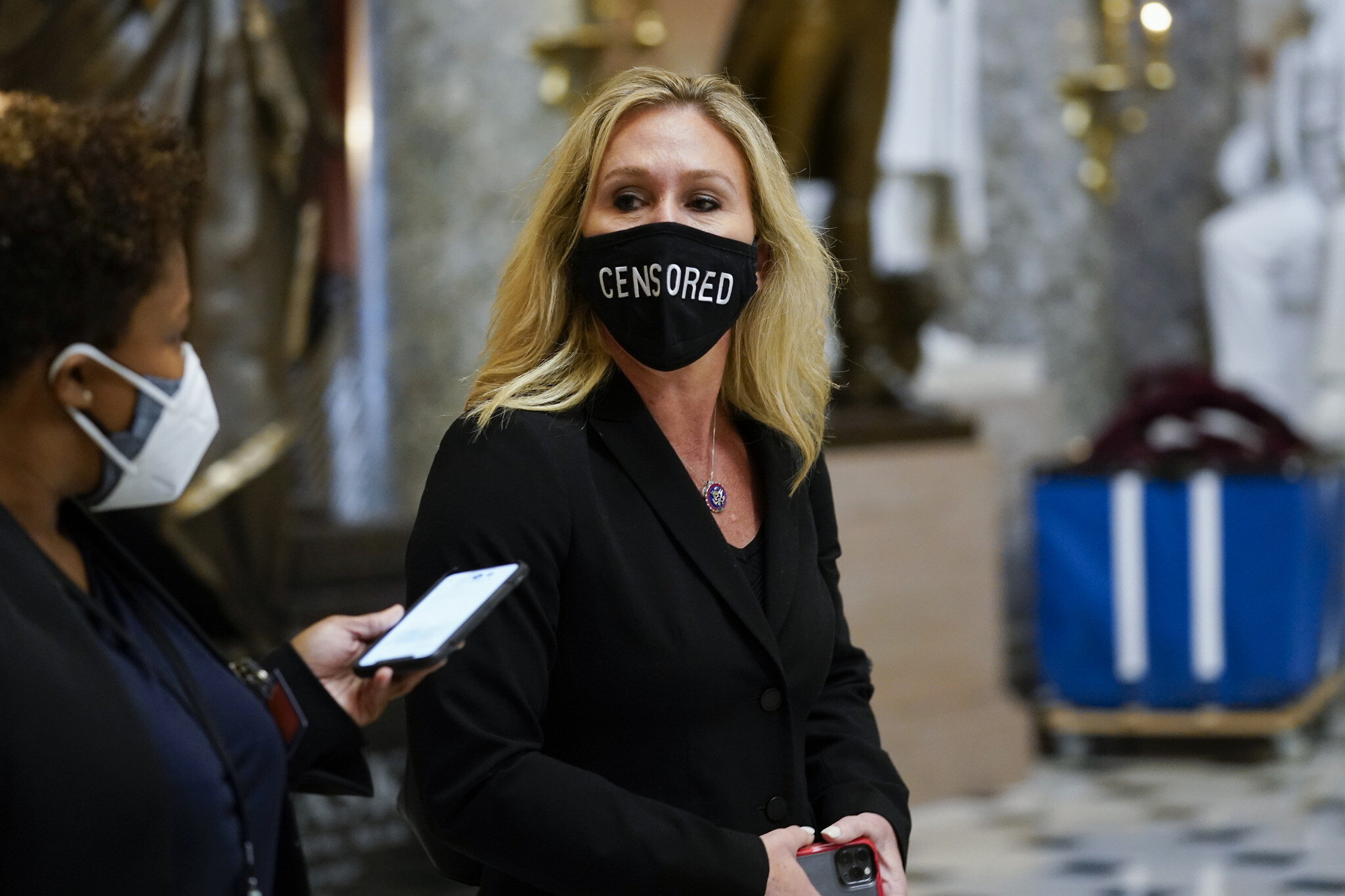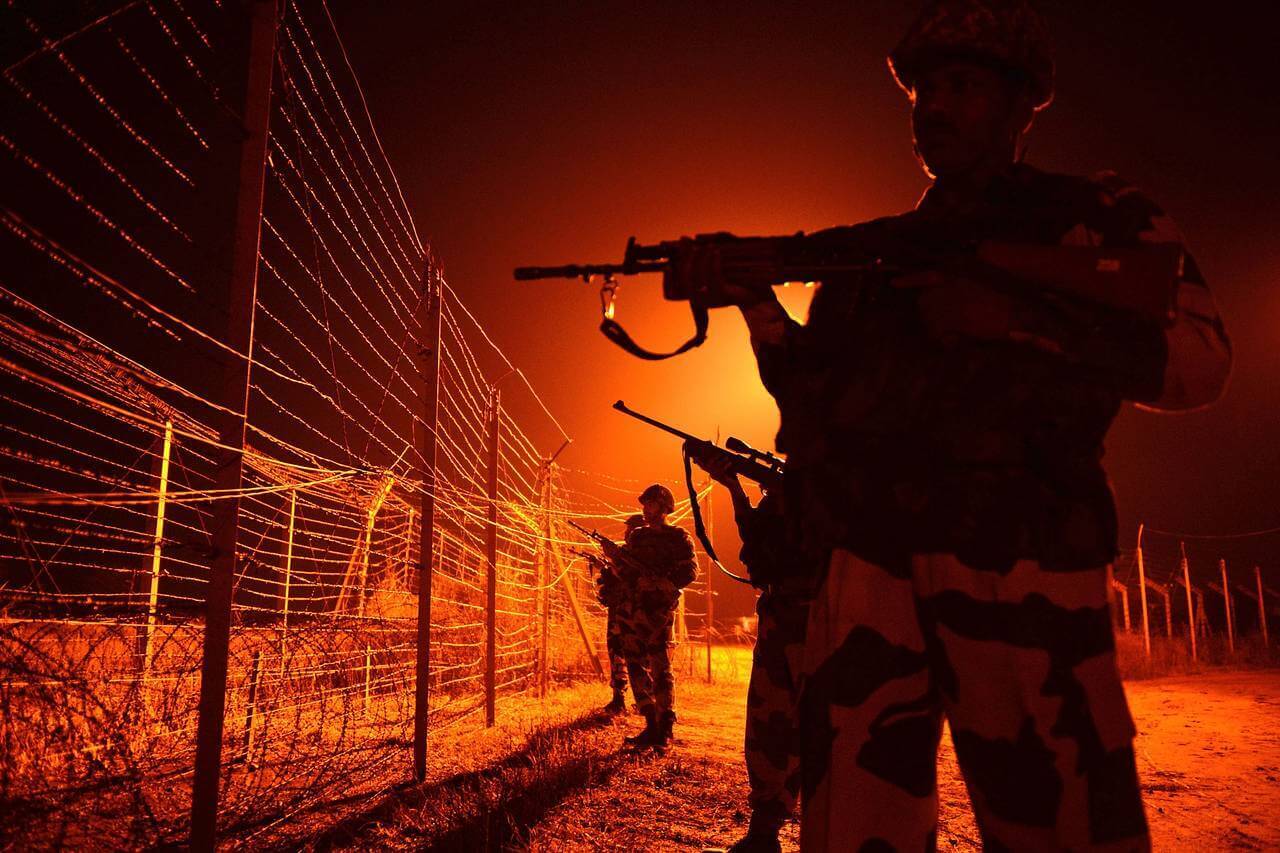South Asia
India has begun sending half a million doses of the Covaxin vaccine as a part of its second consignment of humanitarian aid to Afghanistan. The Ministry of External Affairs said that the rest of the consignment will be delivered in the coming weeks. The first such shipment was delivered on December 11, wherein India sent essential medicines. [The Hindu]
The Indian Army accused the Pakistan Army of breaching their ceasefire agreement by orchestrating a Border Action Team attack in Kashmir near the Line of Control. The infiltrator was identified as a Pakistani national and was said to be equipped with weapons, ammunition, and warlike stores. The Army spokesperson also said that his army uniform was recovered from his belongings. [The Hindu]
Central Asia and the Caucasus
Armenia will chair the Russia-led Collective Security Treaty Organisation (CSTO) for 2022. CSTO Secretary-General Stanislav Zas has said that key challenges for the regional grouping will be tackling the increasing presence of NATO forces near CSTO countries’ borders and the deteriorating situation in Afghanistan. [TASS]
Chechen strongman Ramzan Kadyrov has been named among the autonomous region’s “distinguished human rights defenders” by the regional human rights ombudsman. The ombudsman said that Kadyrov and his family have made an “enormous contribution […] to securing human rights and strengthening the state.” However, human rights groups have accused his administration of committing grave human rights violations, including attacks on women, kidnapping and torturing activists, and a violent crackdown on the region’s LGBTQ community. [RFE/RL]
East and Southeast Asia
Hong Kong online news site Citizen News said on Sunday that it will cease all operations citing a deterioration of press freedoms. Citizens News is the third pro-democracy news outlet to shut its operations after the Apple Daily newspaper and the online website Stand News closed down following a crackdown by Chinese authorities. [Reuters]
A South Korean crossed the heavily fortified border into North Korea, South Korea’s military said on Sunday. The rare defector has not yet been identified and Seoul has urged Pyongyang to ensure the safety of the person. The North is yet to respond. It has also been speculated that rather than a South Korean defecting to the North, this could have been an instance of a North Korean who was returning to the country. [Associated Press]
Europe
During his televised New Year’s address, Russian President Vladimir Putin said Moscow had “firmly” and “consistently” defended its interests and security in 2021 amid heightened tensions with the West over the Ukraine conflict. Putin also extended support towards citizens impacted by the pandemic and added that his primary objective for the future is to “improve the welfare and quality of life for people.” [The Moscow Times]
In a press release on Friday, France condemned Iran’s launch of a rocket carrying three research devices into space. Paris argued that it violates United Nations Security Council Resolution 2231 and that it represents another worrying development’ in the country’s ballistic missile programme. [Le Monde]
The United Kingdom approved Pfizer’s anti-viral COVID-19 pill, which aims to treat adults with mild to moderate symptoms. The British government has been struggling to curb the spread of COVID-19, recording upwards of 160,000 new cases on a daily basis. [Reuters]
Latin America and the Caribbean
On Friday, China opened an embassy in Nicaragua for the first time since 1990, a little over three weeks after the Ortega administration severed diplomatic ties with Taiwan and declared its support for the ‘One China’ principle. Nicaraguan Foreign Minister Denis Moncada hailed the "ideological affinity" between the two countries and thanked China for its donation of one million doses of the Sinopharm COVID-19 vaccine. [Associated Press]
Brazilian Army Commander General Paulo Sérgio Nogueira de Oliveira justified the military’s $98 million dollar intervention operations in the Amazon rainforest by falsely claiming that they have resulted in a decrease in deforestation. In fact, deforestation has reached record-high levels under the Bolsonaro administration. [Folha de S.Paulo]

Middle East and North Africa (MENA)
Egypt on Sunday called for calm in Gaza a day after renewed fighting between Hamas and Israel threatened to shatter the already fragile peace in the region. The Israeli military struck several military posts and a rocket manufacturing site in Gaza after Hamas launched rockets into Israel on Saturday. [Associated Press]
Iran has called on the United Nations (UN) to take formal action against the United States (US) for assassinating Quds Force chief Qassem Soleimani in Baghdad in 2020. Iran’s presidential office sent a letter to the UN General Assembly on Saturday to take “all legal initiatives in its power” and issue a resolution condemning the US action. [Al Jazeera]
North America
United States (US) Secretary of Defence Lloyd Austin on Sunday reported that he has tested positive for COVID-19 with “mild” symptoms. Austin confirmed he is fully vaccinated and boosted, adding that without the vaccine his symptoms would have been far more severe. Austin is among several prominent members of the Biden administration who have tested positive amid a rise in cases due to the Omicron variant. [The Voice of America]
On Saturday, American social media giant Twitter permanently suspended the personal account of Georgia Republican Representative Marjorie Taylor Greene. Twitter cited “repeated violations” of their platform’s COVID-19 policy as the reason for Greene’s suspension. In a statement on Telegram, Greene responded saying, “Twitter is an enemy to America and can’t handle the truth.” In August Greene was banned from Twitter for a week for posting vaccine conspiracies. [The Hill]
Oceania
On January 1, the 15-member Regional Comprehensive Economic Partnership Agreement (RCEP) came into force, allowing Australian farmers and businesses access to the world’s largest free trade agreement. Minister for Trade, Tourism and Investment Dan Tehan hailed the fact that 75% of Australia’s trade industry now falls under free trade agreements, a massive increase of around 50% from when Prime Minister Scott Morrison came into office in 2018. The Partnership is set to increase regional trade by 2%, or $42 billion, with members accounting for around 30% of global GDP. [Australian Minister for Trade, Tourism, and Investment]
On Monday, Treasurer Josh Frydenberg said the Omicron variant of the COVID-19 would not hamper Australia’s economic recovery, pointing to the fact that the country has been registering a rise in employment levels since last September. Frydenberg said, “The unemployment rate has fallen to around a 13-year low – at 4.6 per cent – this compares to 5.7 per cent when Labor last left office.” [Sky News]
Sub-Saharan Africa
On Saturday, the United States (US) removed Mali and Guinea from accessing the African Growth and Opportunity Act’s (AGOA) trade preference program due to alleged human rights violations and recent coups in the two countries. The AGOA programme offers African countries duty-free access to the US if they fulfil certain eligibility criteria, such as eliminating barriers to US trade and investment and facilitating political pluralism. Ethiopia has also been removed from the list. [Reuters]
Ugandan President Yoweri Museveni announced on Friday that starting this week, the country's economy will slowly be reopened over the course of the following month, despite recording over 10,000 new cases and 20 deaths from COVID-19 between December 21 and 31. Museveni revealed that schools would reopen on January 10 and performing arts, cinemas, sports events, bars, and events will be permitted once more two weeks later, at which point the 7 pm-5 am curfew that was introduced halfway through last year will also be lifted. The transport sector will also operate at full capacity provided passengers and operators are fully vaccinated. He warned that the measures could be reversed if ICU bed occupancy goes past 50% and if the hospitalisation rate of critically ill patients reaches 30 per day for 5 days in two or more COVID-19 units. [The East African]

